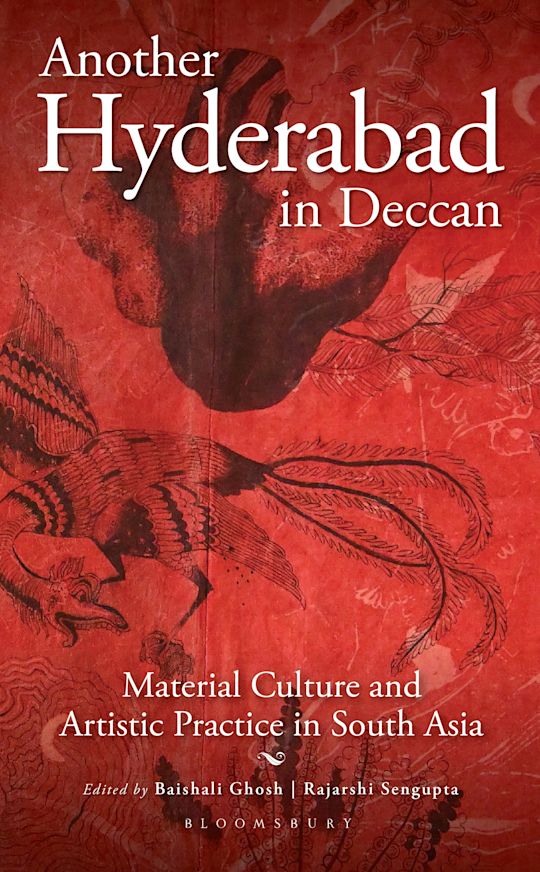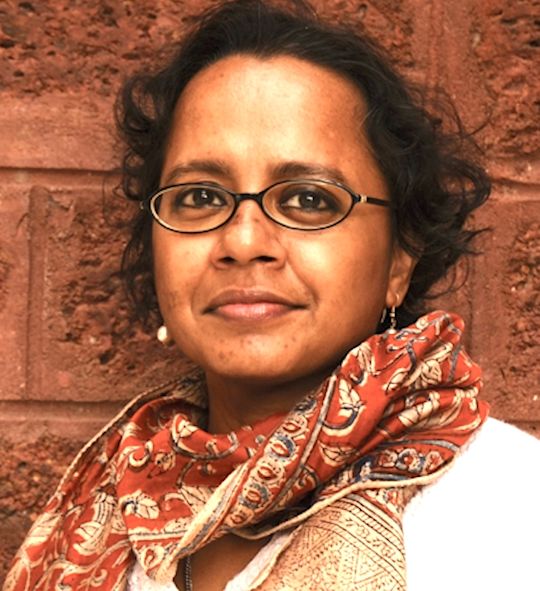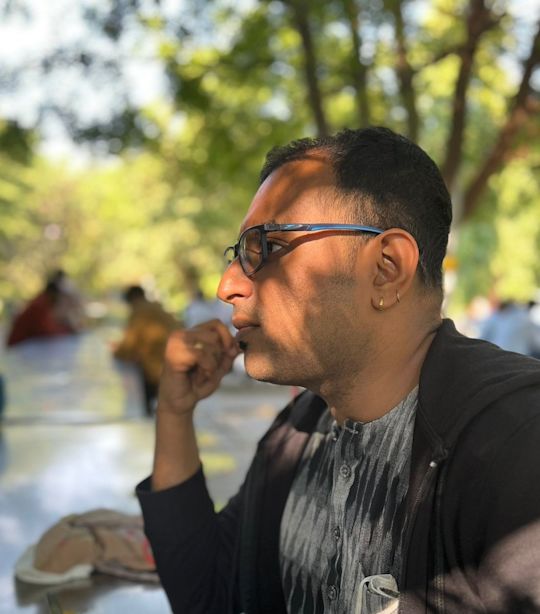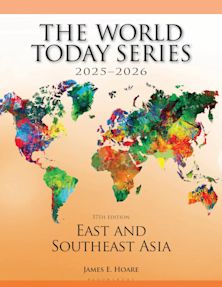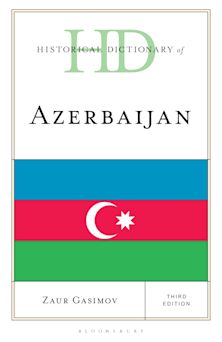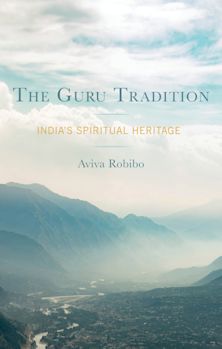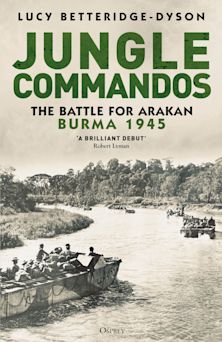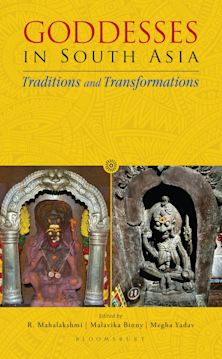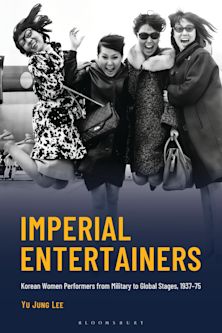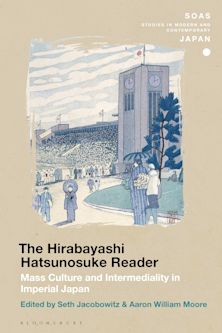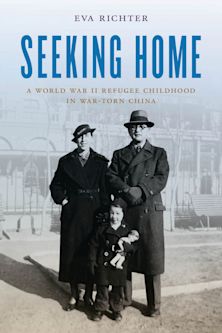Another Hyderabad in Deccan
Material Culture and Artistic Practice in South Asia
Another Hyderabad in Deccan
Material Culture and Artistic Practice in South Asia
Description
This anthology on the material culture and artistic practices in Deccani Hyderabad brings forth the materiality of underrepresented voices entangled with histories, archives, architecture, lives of images and intangible knowledge production. Uniquely positioned, this book weaves together the research methodologies of art, historical studies, ethnography and artistic practices.
Another Hyderabad in Deccan discusses the embodied network of artisanal practices in Hyderabad, the palimpsest of cultivated and collected material culture. The nine essays in the book, which are in conversation with memories of the people, photographic records, scribbles, maps, assimilating histories, biographies, habitual practices, and experiential knowledge, reflect upon the unconfessed visual repository of Hyderabad as a way of survival.
The recent art and historical studies on South Asia, especially the region and the city, have directed attention to the relevance of ecology and artistic practices. Yet, a critical consideration of the lineage between material, communities, art and ethnography remains missing. The book deals with the dusty, shadowy, grey and unacknowledged areas of visual and material culture: their historicity and contemporaneity, while presenting a range of directions and methodological interventions for conducting archival and interactive investigations.
While offering the scope of newer research on the Deccan region, the anthology provides comprehensive knowledge to students in regional, cultural and art historical studies, opens up diverse range of methodologies to assist young researchers studying South Asian visual and material culture, and foregrounds resources to the professional and entrepreneur involved in cultural industries, community engagement, and artisanal development policies.
Table of Contents
Acknowledgements
Introduction
Baishali Ghosh and Rajarshi Sengupta
Chapter One
Buddhist Material at the State Museum, Hyderabad: Between Negotiation and Repatriation
Prajnna Vedavyas
Chapter Two
A Review of the Nizam's Numaish-gaah Sehat
P. Sindhuri Aparna
Chapter Three
Qutb Shahi Eidgah: An Analysis on manifestation of South Asian Islamic Architecture
Shaista Anwar
Chapter Four
Chronicles of the Temple Painters in Hyderabad
Bijay Nath
Chapter Five
Lives of the Family Photo Albums in Hyderabad
Kesawram
Chapter Six
The Dargah Locale in Hyderabad: A Junction of the Architectural Past and Present
Sayan Gupta
Chapter Seven
Reclaiming Multiplicity in Deccani Craft Making: Case Study of a Transitional Artisan
Rajarshi Sengupta
Chapter Eight
Becoming a Master: Discourses on weaving and its transmission
Somedutta Mallik
Chapter Nine
What is Natural about Natural Dyeing?
Tanaya Pashankar
About the Editors and Contributors
Index
Product details
| Published | 30 Sep 2025 |
|---|---|
| Format | Hardback |
| Edition | 1st |
| Extent | 296 |
| ISBN | 9789361312038 |
| Imprint | Bloomsbury India |
| Dimensions | 216 x 135 mm |
| Publisher | Bloomsbury Publishing |
Reviews

ONLINE RESOURCES
Bloomsbury Collections
This book is available on Bloomsbury Collections where your library has access.









